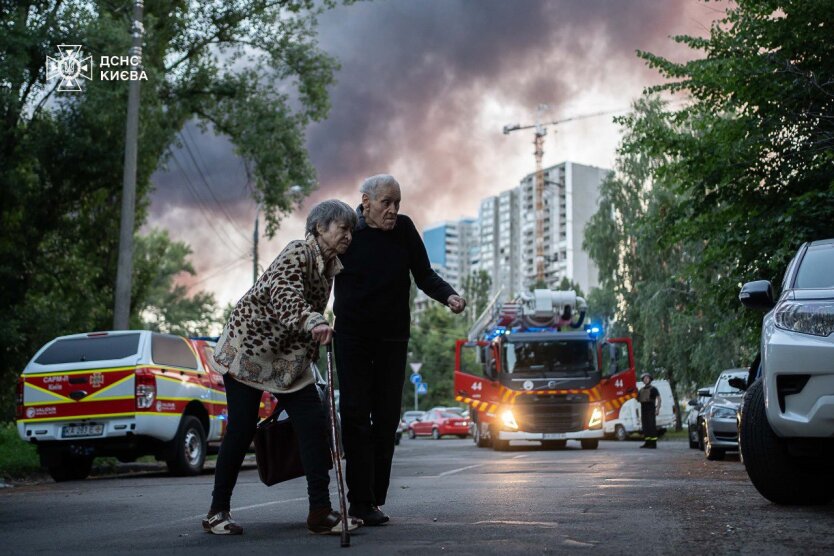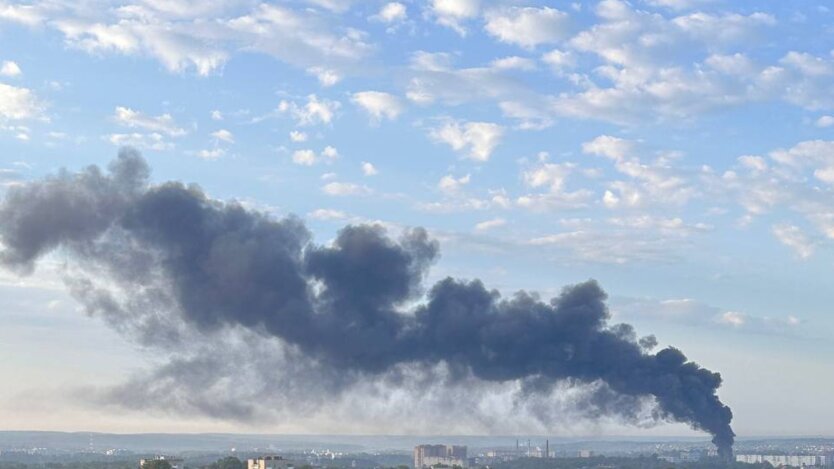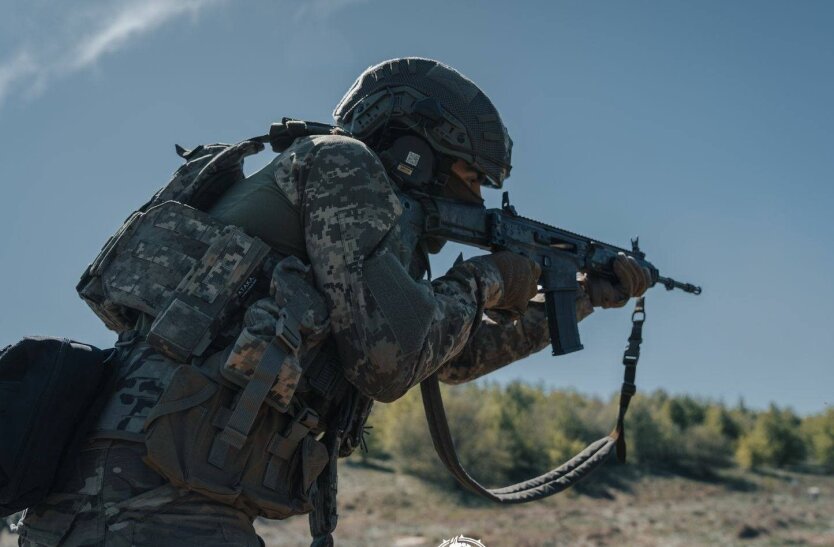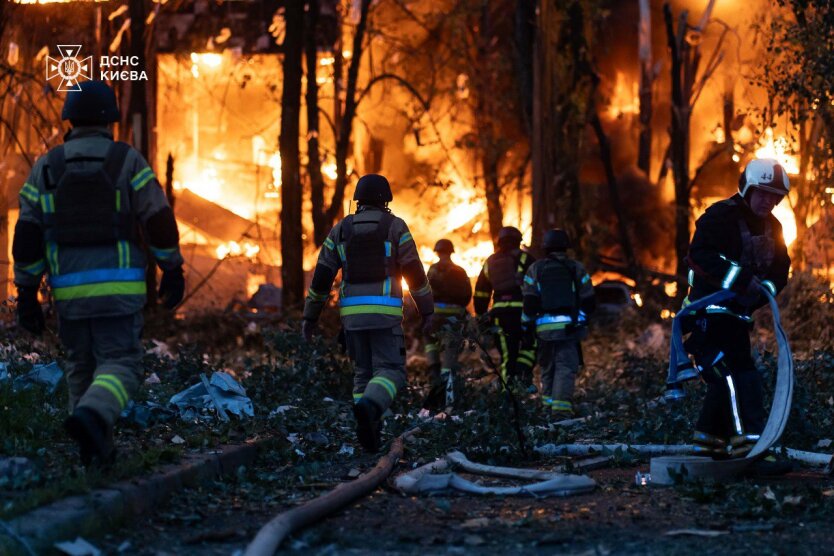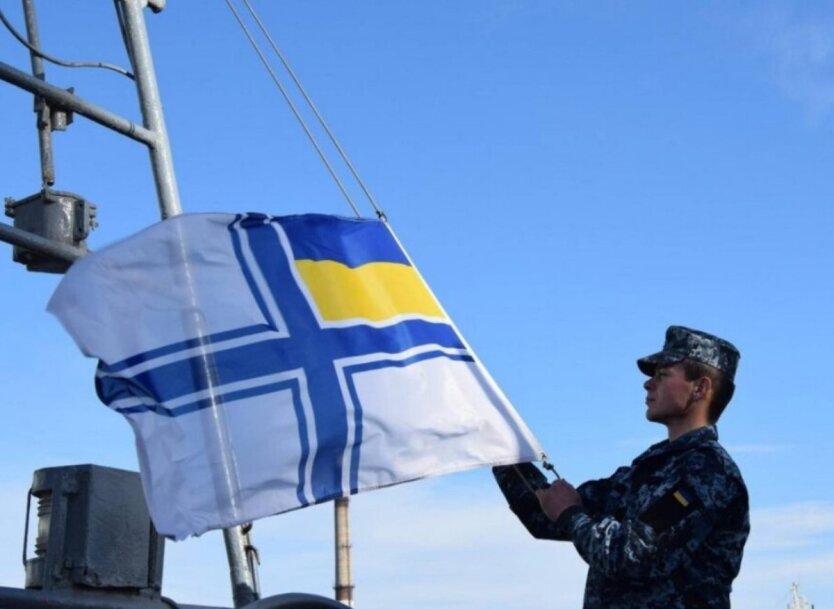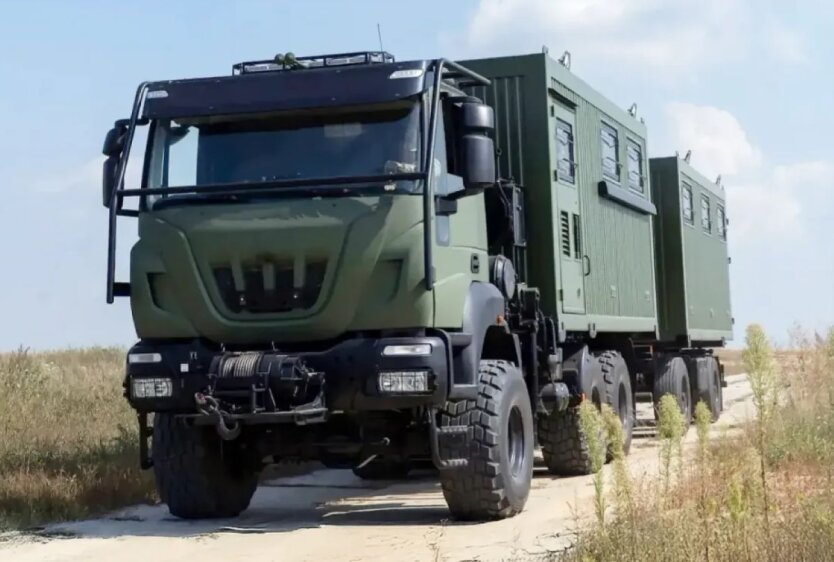Zelensky in The Economist: on Trump’s negotiations with the Kremlin, chances of joining NATO, and Putin’s death.

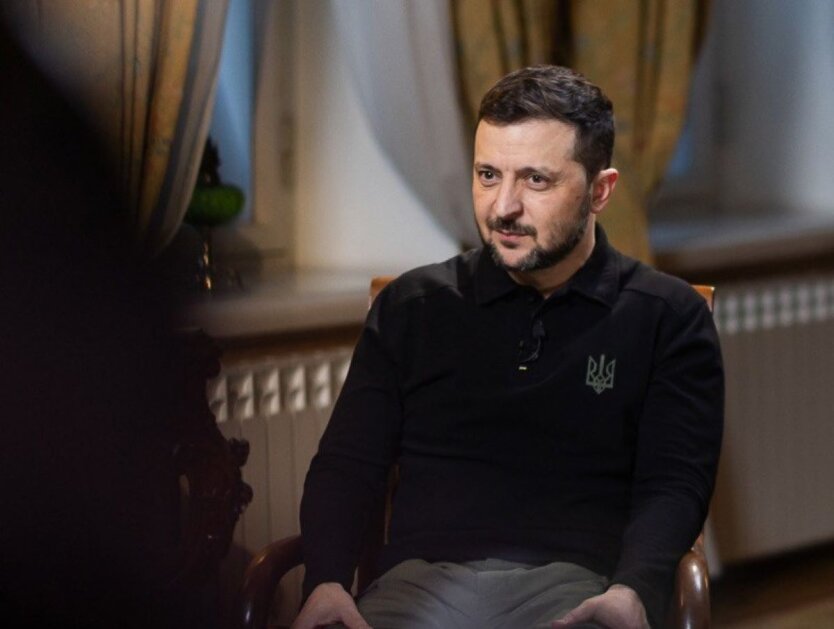
Ukrainian President Volodymyr Zelensky expressed serious concern regarding the possibility of the Trump administration negotiating with Russia without Ukraine's presence. He made this statement in a one-hour interview with The Economist conducted in Kyiv.
Zelensky criticizes Trump for lack of communication with Ukraine and the absence of proposals from the American leader. He also emphasizes that he receives information about contacts between the White House and the Kremlin from the press, rather than from the U.S. administration itself.
Zelensky shared alarming information regarding the increase in Russian military power. He stresses that without a country like Ukraine, Europe will be occupied. The president reveals facts about the buildup of the Russian army and the danger of sending its units to Belarus under the pretext of exercises.
Zelensky emphasizes that Ukraine does not plan to make unilateral concessions and reminds of the terrible consequences that can arise from yielding to aggressors. He states that he will not allow Putin to win and intends to build a strong Ukrainian army in case NATO doors remain closed.
Zelensky also highlights the importance of meeting with Trump’s deputy at the Munich Security Conference and reaffirms his commitment to fight Putin until the end. He also expresses hope for security guarantees from Trump and financial support from Europe.
In his interview, Zelensky reveals his thoughts on Ukraine's membership prospects in NATO and asserts that if the doors remain closed, Ukraine will be forced to build a strong army on its own.
Read also
- Ukraine has conducted a new prisoner exchange with Russia
- Russia struck 550 targets: Zelensky revealed details of the largest combined attack on Ukraine
- Interceptor drones operate in Ukraine: what is their effectiveness and how can they change the war

